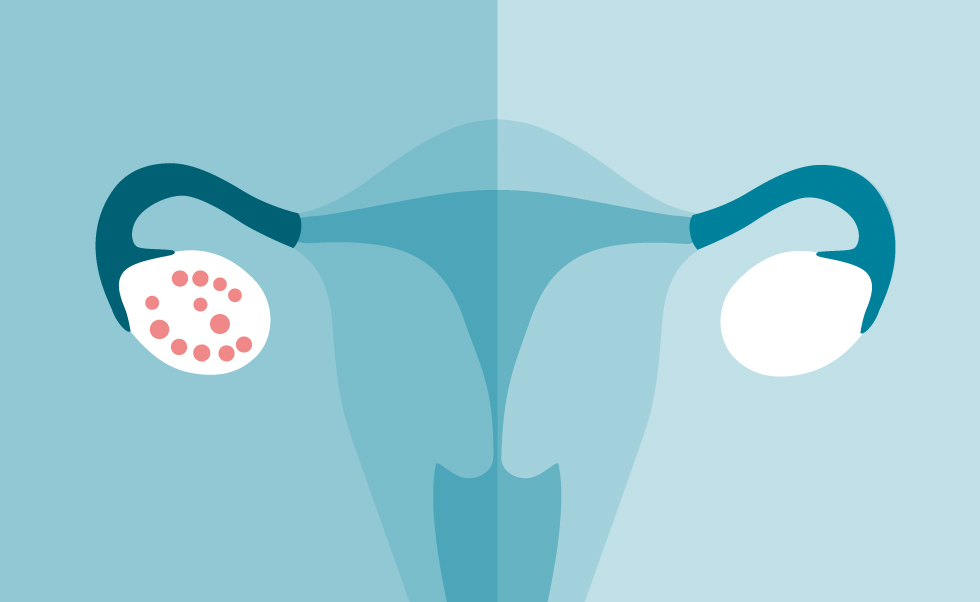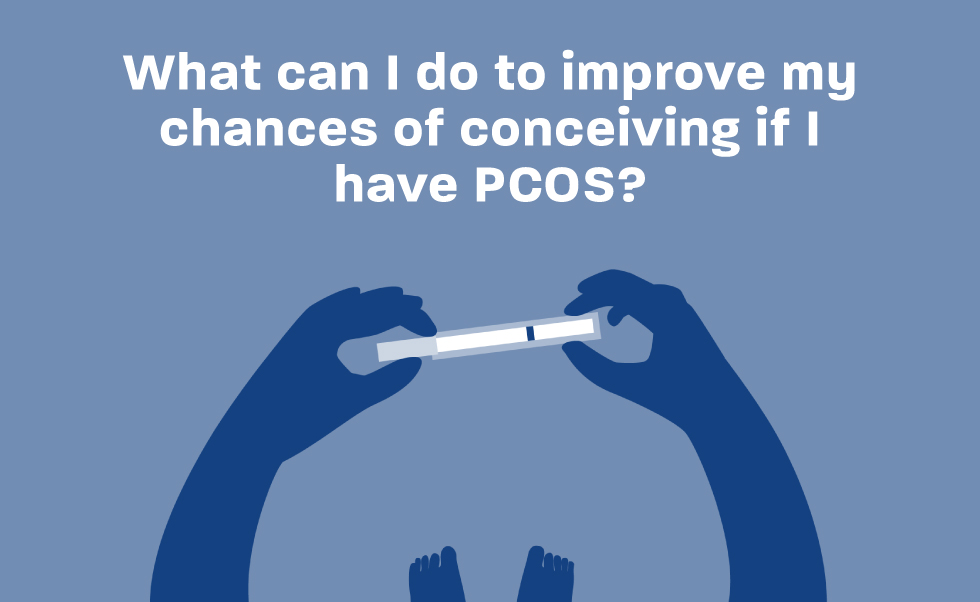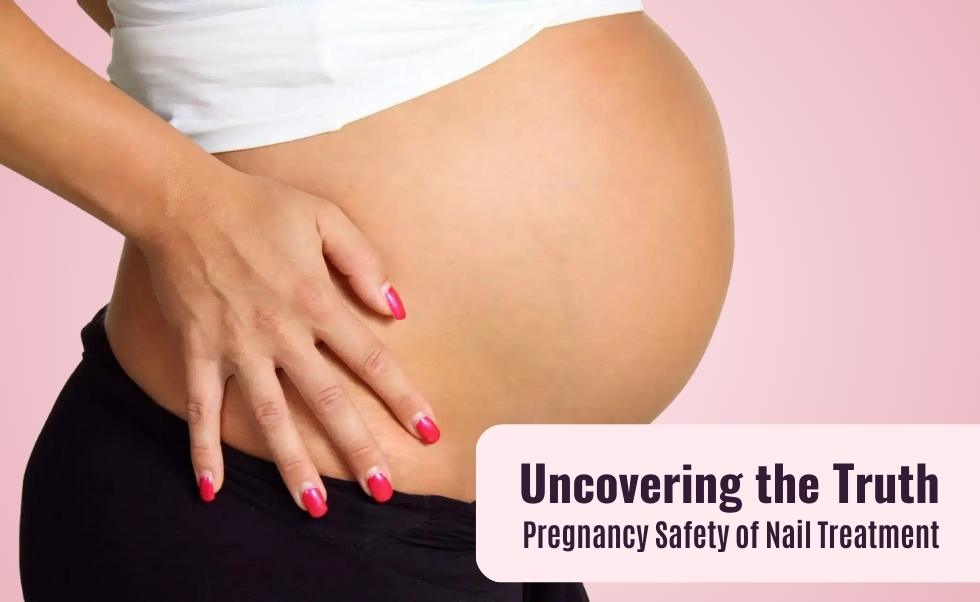Among the various hurdles that may arise on the conception journey, Polycystic Ovary Syndrome (PCOS) stands as one of the most common. But even in the face of this condition, hope remains strong. This blog explores how women with PCOS can enhance their chances of conception and move closer to realizing their dream of motherhood.
What Does It Mean to have PCOS?
Polycystic Ovary Syndrome (PCOS) is a hormonal disorder that affects women of reproductive age. It is characterized by multiple small cysts in the ovaries, irregular menstrual cycles, and elevated levels of androgens (male hormones).
These hormonal imbalances can lead to a variety of symptoms, including weight gain, acne, excessive hair growth, and, most importantly, irregular ovulation or the absence of ovulation.
PCOS is a condition that affects approximately 1 in 5 women in India, making it a significant concern for those planning to conceive. Despite the challenges, it’s important to remember that having PCOS does not mean you cannot get pregnant. With the right approach, many women with PCOS successfully conceive and have healthy pregnancies.
How Does PCOS Affect Fertility?
One of the primary ways PCOS impacts fertility is by interfering with ovulation. Ovulation is the process by which an egg is released from the ovary and is necessary for conception.
In women with PCOS, the hormonal imbalance can prevent ovulation from occurring regularly or at all, making it more difficult to conceive naturally.
Furthermore, the presence of excess androgens can also lead to poor egg quality, which can further reduce the chances of conception. Additionally, women with PCOS are at a higher risk of developing insulin resistance, which can contribute to weight gain and further exacerbate fertility issues.
How can I Improve my Chances of Conceiving with PCOS?

Despite the challenges posed by PCOS, several strategies can help improve your chances of conceiving:
- Healthy Lifestyle Changes: Adopting a balanced diet and regular exercise can help manage weight and reduce insulin resistance, which is crucial for improving fertility. Even a modest weight loss of 5-10% can significantly enhance ovulation and increase the chances of conception.
- Medical Interventions: Medications such as clomiphene citrate or letrozole are commonly prescribed to stimulate ovulation in women with PCOS. In some cases, Metformin, a medication used to treat insulin resistance, may also be recommended to improve ovulatory function.
- Fertility Treatments: If lifestyle changes and medications are not successful, fertility treatments such as In Vitro Fertilization (IVF) may be considered. IVF has shown promising results for women with PCOS, offering a viable option for those struggling to conceive naturally.
- Emotional and Mental Support: The journey to conception, especially with PCOS, can be emotionally taxing. It’s important to seek support from loved ones or professionals to help manage stress and maintain a positive outlook.
Hope on the Horizon: You Can Conceive
While PCOS presents challenges, it’s important to remember that many women with this condition go on to have successful pregnancies. With the right combination of lifestyle adjustments, medical interventions, and emotional support, your dream of becoming a mother is within reach.
Remember, every journey is unique, and so is yours. Stay informed, stay hopeful, and know you are not alone. With perseverance and the right care, the path to motherhood, even with PCOS, is one that many women have walked successfully—and so can you.







